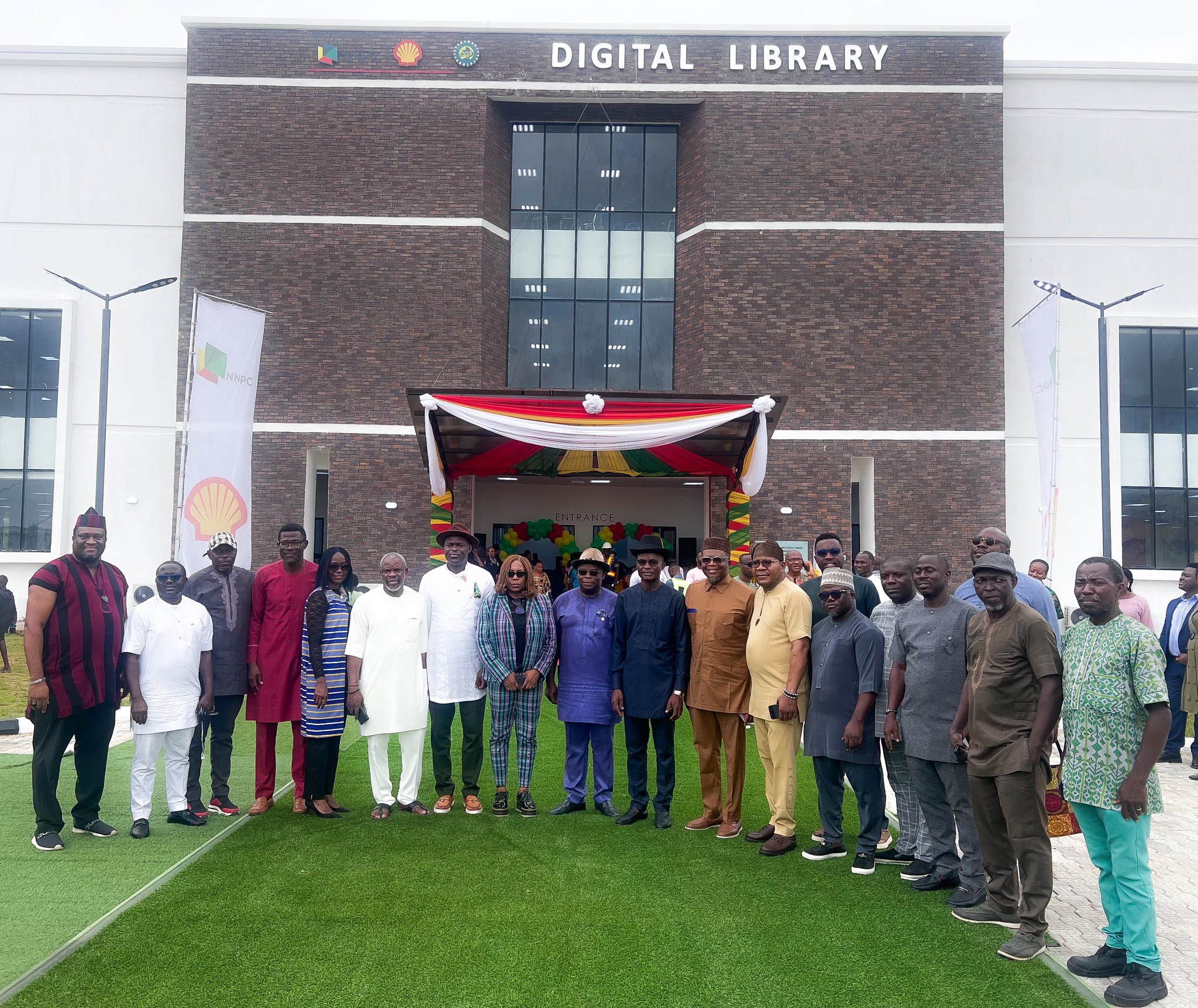Some years ago, nobody knew that Nigerians could be part of the value chain in the phone recharge business. At a time, a bulk of the business was taken abroad by Nigerian telecommunications operators, with the final product exported back to Nigeria. Telecoms operators were also producing recharge cards abroad, thereby giving jobs that could have been done by Nigerians to foreigners.The country lost a lot of foreign exchange in the process and the number of unemployed Nigerians continued to rise. Today, local production of recharge cards has turned the table around. A lot of Nigerians produce recharge cards in paper form and resell to final users.
This, however, had taken a new shape now. Some small businesses recharge phones using Point-of-Sales terminals. All they (the small businesses) need to do is to establish a business relationship with service provider acting as an intermediary between the telecoms operator and the final consumer.
Electronic Voucher Distribution (e-Pin distribution) has now become a secure end-to-end prepay system, enabling mobile operators to supply airtime to corporate, distributors, dealers, agents and through to the end users electronically. One company presently doing this in Nigeria is Nairtime. The firm had developed a solution that allows companies, agents, distributors and vendors to top up airtime accounts of their members of staff or customers with any payment denomination on any of Glo, Airtel, Etisalat and MTN.
The Managing Director, Nairtime Nigeria Limited, a subsidiary of Channel IT Group, Mr. Haidar Said, said the service could work on both prepaid and post-paid accounts.
“The technology is instant and hassle-free, and the customer or company will get a discount on any amount using the system, which power through www.nairtime.com,” he said. He said Nairtime would set up a multi-level retail channel, comprising of distributors and agents, to enable consumers to recharge airtime (pin and pin-less top up). To ensure rapid market penetration and coverage, said agents would be equipped with free transaction terminals such as mobile phones, mobile Point of Sale terminals, desktop PoS terminals and netbooks.
“Consumers do not require bank accounts, debit cards or credit cards. Upon cash payment to the agent, they can purchase the services or create a mobile wallet from which they will be able to carry out such transactions. Banking services are, therefore, brought to the unbanked,” he said.
A sector like the petroleum industry had adopted the initiative as an Act since 2010, though some experts believe there are still rooms for improvement. The construction sector is also pursuing this agenda,
Local content refers to a set of actions – local recruitment, training, purchases of local goods and services – that are designed to develop the industrial infrastructure and skills of the people in countries that host businesses or projects.
Local content is generally measured as a percentage of investment, hours worked, the equipment manufactured or the number of jobs created. Increasing the local content of projects is a way of enhancing skills and building industrial capacity in host countries. This in turn spurs economic and social growth.
Industry players, especially the foreign ones, are expected to align their local content programmes with the project’s technical characteristics and local industry. They are based on assessments of the industrial context, available skills and stakeholder expectations to identify and develop local resources.
Local content is taken into consideration right from the project design phase. It is a criterion used in selecting design options within reach of local suppliers of goods and services. The Federal Government is currently developing a local content policy for the Information and Communications Technology industry, which it plans to release in no distant time.
The implementation and enforcement of the Nigerian Content Act for the oil and gas industry, for instance, had seen to the increased ownership of vessels by Nigerians already, which was not the case in the past.
More Nigerians now own land, swamp, jack up rigs and some proportion of deep offshore rigs, the Nigerian Content Development and Monitoring Board notes.
Two years after the Nigerian Oil and Gas Industry Content Development Act became operative in the country, over 30, 862 jobs have, so far, been created, according to the NCDMB.
The Board maintained that the figures covered the period between 2010 when the act became operative to December 31, 2012.
For Nigerians manning marine vessels servicing the oil and gas industry 3,000 jobs were created; for Nigerians manning rigs, 1,500 jobs; for Nigerians manning in fabrication yards servicing the industry, 10,792 jobs; for Nigerians manning in design engineering firms, 2,130 jobs; and for Nigerians in Petroleum technology companies, 3,000 jobs.
According to the Board, for Nigerians manning in oil and gas equipment manufacturing, 1,500 jobs were created; and for post training employment as part of industry capacity development initiative, 6,797 jobs were also created.
The number of Nigerians occupying managerial positions in operating companies was placed at 2,143, which brings the jobs so far created to a total of 30,862.
A larger number of Nigerians are acquiring Anchor Handling Tugs, Dynamic Positioning Platform Vessels, Line Handling Tugs and other larger vessels otherwise called category 2 vessels, it adds. The Board is also leading the industry to establish vessel and rig maintenance facilities so that the Nigerian economy could realise maximum economic benefits from asset ownership.
The Nigerian Content implementation has attracted foreign direct investments worth over $500m (N78bn) in the manufacturing of equipment components for the oil and gas industry, the Minister of Petroleum Resources, Mrs. Diezani Alison-Madueke, recently said.
According to the minister, the equipment components manufacturing initiative of the board is an effective way to drive industrialisation of the Nigerian economy and is already creating over 1000 skilled jobs in Nigeria.
The initiative, which mandates original equipment manufacturers to partner with their representatives to set up facilities to manufacture or assemble equipment components in Nigeria, will also ensure the retention of spend-within-the-economy on critical industry equipment such as valves, pumps, electrical and instrumentation products.
For instance, the downstream sector of the Nigerian maritime industry was largely dominated by foreign tanker ships, while indigenous ship owners had minor roles to play in the transportation of imported refined petroleum products destined for the largest petroleum products consumer in Africa.
This state of affairs, apart from resulting in capital flight and great loss of fiscal benefits to the nation, has forced Nigerian entrepreneurs desirous of investing in this sector to shy away, for fear of being run out of business by the big foreign players, coupled with their limited capacity and lack of understanding of the dynamics of the international tanker trade.
Under the Local Content Act, an indigenous firm, Sopetro Marine, for instance, had decided to provide international standard maritime services coupled with the knowledge of the local environment in order to maintain a competitive advantage in the highly competitive trade. The firm now offers a localised alternative to the services provided by foreign ship owners.
Also, the Director-General of the Council, Mr. Azikiwe Onwualu, had continued to seek the collaboration of his agency with the stakeholders in the areas of raw material sourcing, research and development and deepening the local content policy.
“This way, more jobs will be created with the intermediate industries that will come up instead of the wholesome import of this raw material from outside the country,” he stated.
The Trade Union Congress of Nigeria had recently called on the Federal Government to formulate and implement local content policy in the construction industry to check expatriate quota abuse as it did for the oil and gas industry.








2 Responses
I have M.Sc in fisheries and Aquatic Environmental Management. Please I need employment
i have SSCE . please i need job as office assistant or any job that will enable achieve my academic desire.